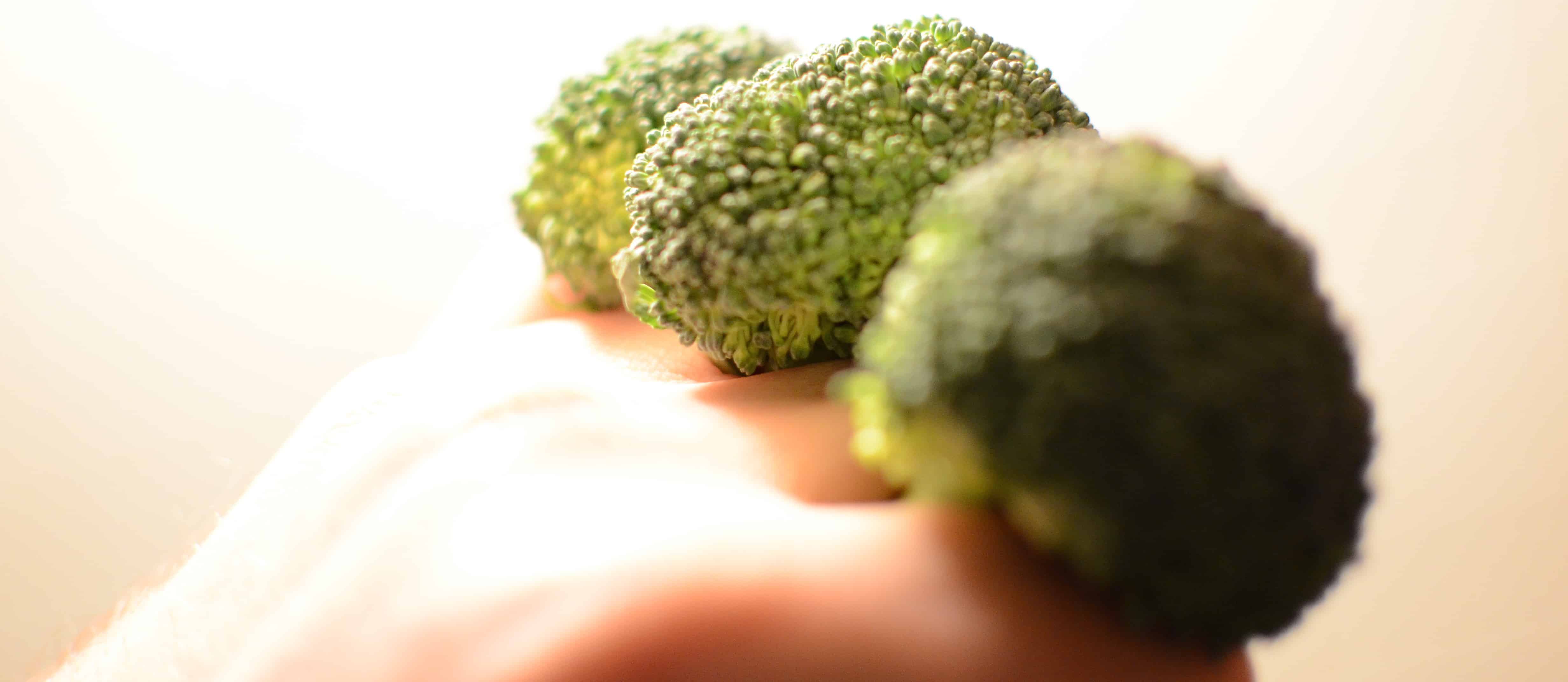It is now eight years since the famous Ornish study was published, suggesting that 12 months on a strictly plant-based diet could reverse the progression of prostate cancer. For those unfamiliar with that landmark Ornish study, see Cancer Reversal through Diet?, which the Pritikin Foundation followed up on with Ex Vivo Cancer Proliferation Bioassay.
Wait a second. How were they able to get a group of older men to go vegan for a year? They home delivered prepared meals to their doors, I guess figuring men are so lazy they’ll just eat whatever is put in front of them.
But what about out in the real world? Realizing that we can’t even get most men with cancer to eat a measly five servings of fruits and veggies, in a study profiled in my video, Prostate Cancer Survival: The A/V Ratio, researchers settled on just trying to change their A to V ratio—the ratio of animal to vegetable proteins—and indeed were successful in cutting this ratio by at least half, from about two to one animal to plant, to kind of half vegan, one to one.
How’d the men do? Their cancer appeared to slow down. The average PSA doubling time (an estimate of how fast the tumor may be doubling in size) in the “half vegan” group slowed from 21 months to 58 months. So the cancer kept growing, but with a part-time plant-based diet they were able to slow down the tumor’s expansion. What Ornish got, though, was an apparent reversal in cancer growth—the PSA didn’t just rise slower, it trended down, which could be an indication of tumor shrinkage. So the ideal A to V ratio may be closer to zero.
If there’s just no way grandpa’s going vegan, and we just have half-measures, which might be the worst A and the best V? Eggs and poultry may be the worst, respectively doubling and potentially quadrupling the risk of cancer progression in a study out of Harvard. Twice the risk eating less than a single egg a day and up to quadruple the risk eating less than a single daily serving of chicken or turkey.
And if we could only add one thing to our diet, what would it be? Cruciferous vegetables. Less than a single serving a day of either broccoli, Brussels sprouts, cabbage, cauliflower, or kale may cut the risk of cancer progression (defined as the cancer coming back, spreading to the bone, or death) by more than half.
The animal to plant ratio might be useful for cancer prevention as well. For example, in the largest study ever performed on diet and bladder cancer, just a 3% increase in the consumption of animal protein was associated with a 15% higher risk of bladder cancer, whereas a 2% increase in plant protein intake was associated with a 23% lower risk. Even little changes in our diets can have significant effects.
What else might help men with prostate cancer? See Flax Seeds vs. Prostate Cancer. What about preventing it in the first place? See:
- Carnitine, Choline, Cancer & Cholesterol: The TMAO Connection
- Reducing Cancer Risk In Meat-Eaters
- Is It the Diet, the Exercise, or Both?
Poultry and eggs may be related to cancer risk in a variety of ways:
- Chicken, Eggs, & Inflammation
- Starving Cancer with Methionine Restriction
- Carcinogenic Retrovirus Found in Eggs
- Poultry Exposure Tied to Liver & Pancreatic Cancer
- Poultry & Penis Cancer
- Heterocyclic Amines in Eggs, Cheese, & Creatine?
Crucifers may also help with other cancers. See:
- Raw Broccoli & Bladder Cancer Survival
- Broccoli vs. Breast Cancer Stem Cells
- Lung Cancer Metastases & Broccoli
Breast cancer is highlighted in my video Breast Cancer Survival Vegetable.
-Michael Greger, M.D.
PS: If you haven’t yet, you can subscribe to my videos for free by clicking here and watch my full 2012 – 2015 presentations Uprooting the Leading Causes of Death, More than an Apple a Day, From Table to Able, and Food as Medicine.
